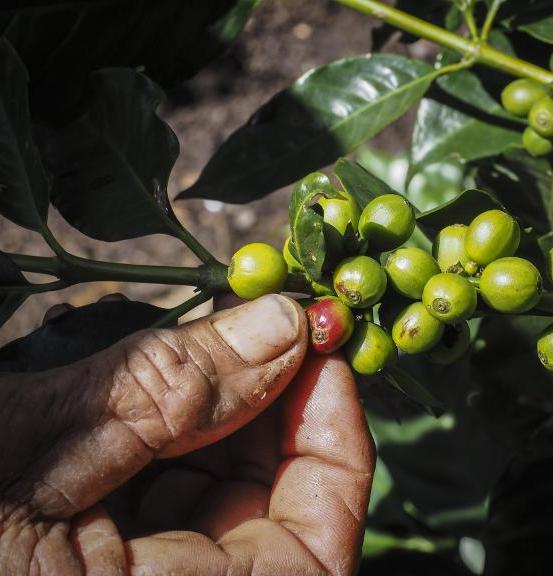Central America’s new coffee buzz: renewable energy
That morning cup of coffee gives many of us a needed boost, but Central American coffee farmers have found a new source of energy in their beans: turning agricultural wastewater into biogas. An often-overlooked byproduct of the world’s favourite stimulant, the water used to process raw coffee beans is usually dumped back into the environment untreated. Extremely polluting, it is high in methane gas - a leading contributor to global warming produced, in this case, by the fermentation of the coffee tree’s berries. Now a pilot project at 19 farms in Nicaragua, Guatemala and Honduras is treating that water, separating out the methane and using it to fuel electric generators for cooking.
We’ve achieved all the goals we set: producing biogas, reducing pollution and using less water.
Vera Espindola Rafael, Latin America coordinator for UTZ Certified
The project was launched in 2010 by Dutch sustainable farming group UTZ Certified, seeking to use less water in coffee growing and use it more creatively. UTZ has started rolling out the project in Colombia, Peru and Brazil. It is looking for funds to do the same in Kenya and Vietnam.

Science